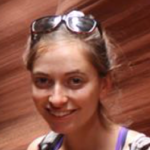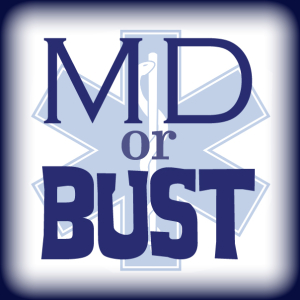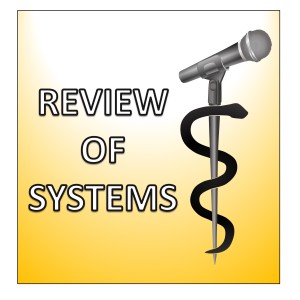“Be a duck,” became my mantra throughout medical school, so much so that my mother had it printed onto a canvas and has it hanging on a wall at home in my honor. As a medical student you might think I would be more interested in having the prowess of a lioness, the elegance of an eagle, the speed of a cheetah or the energy of a dolphin. A duck, as most envision it, does not have much appeal; except, however, when swimming. The quote that led me to emulate the duck is Michael Caine’s, “Be a duck, remain calm on the surface and paddle like the dickens underneath.”





